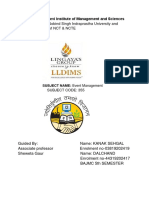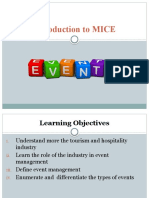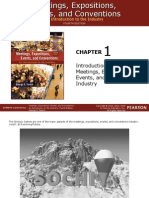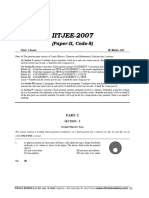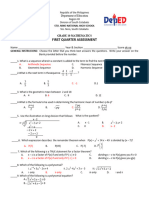0% found this document useful (0 votes)
147 views20 pagesChapter 1 - Introduction To Event Management
Uploaded by
danielhaiqal1013Copyright
© © All Rights Reserved
We take content rights seriously. If you suspect this is your content, claim it here.
Available Formats
Download as PPTX, PDF, TXT or read online on Scribd
0% found this document useful (0 votes)
147 views20 pagesChapter 1 - Introduction To Event Management
Uploaded by
danielhaiqal1013Copyright
© © All Rights Reserved
We take content rights seriously. If you suspect this is your content, claim it here.
Available Formats
Download as PPTX, PDF, TXT or read online on Scribd
/ 20








